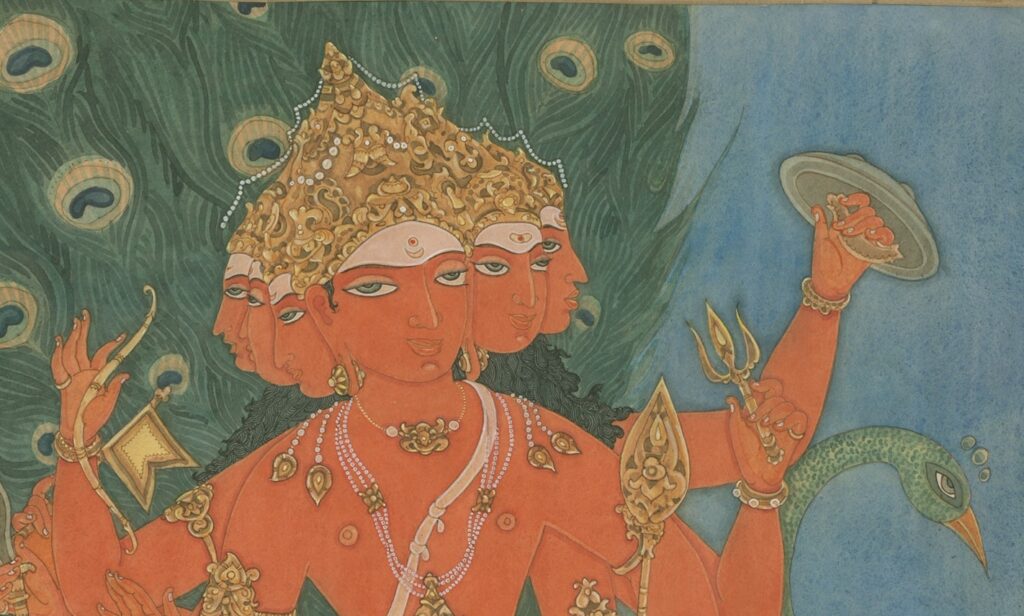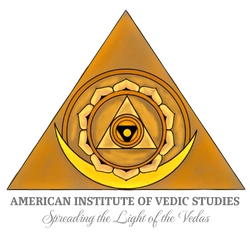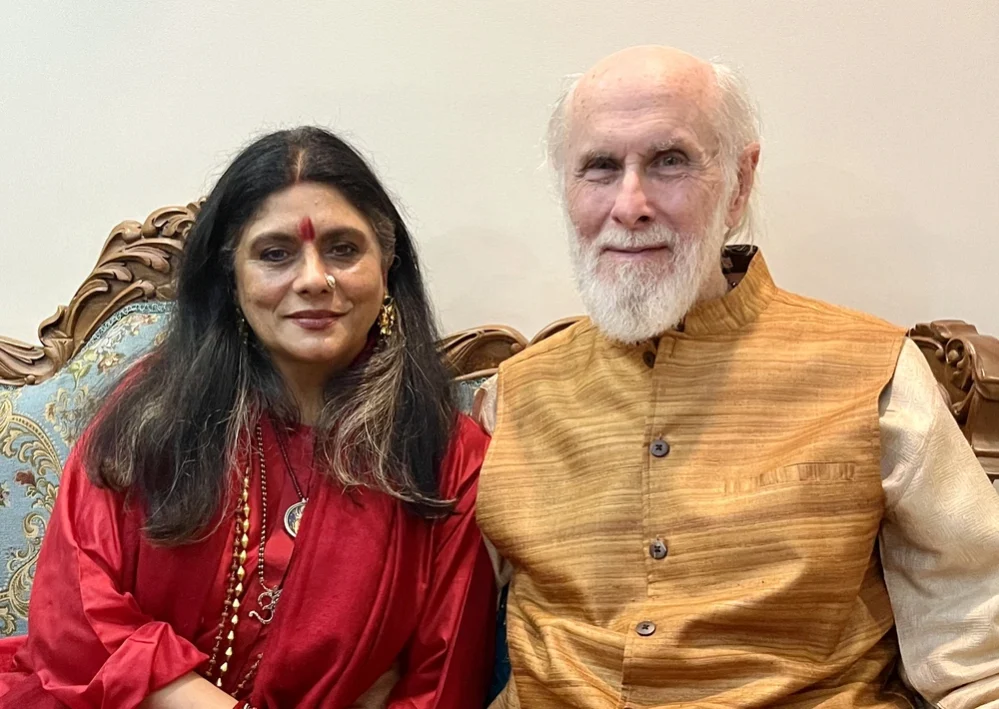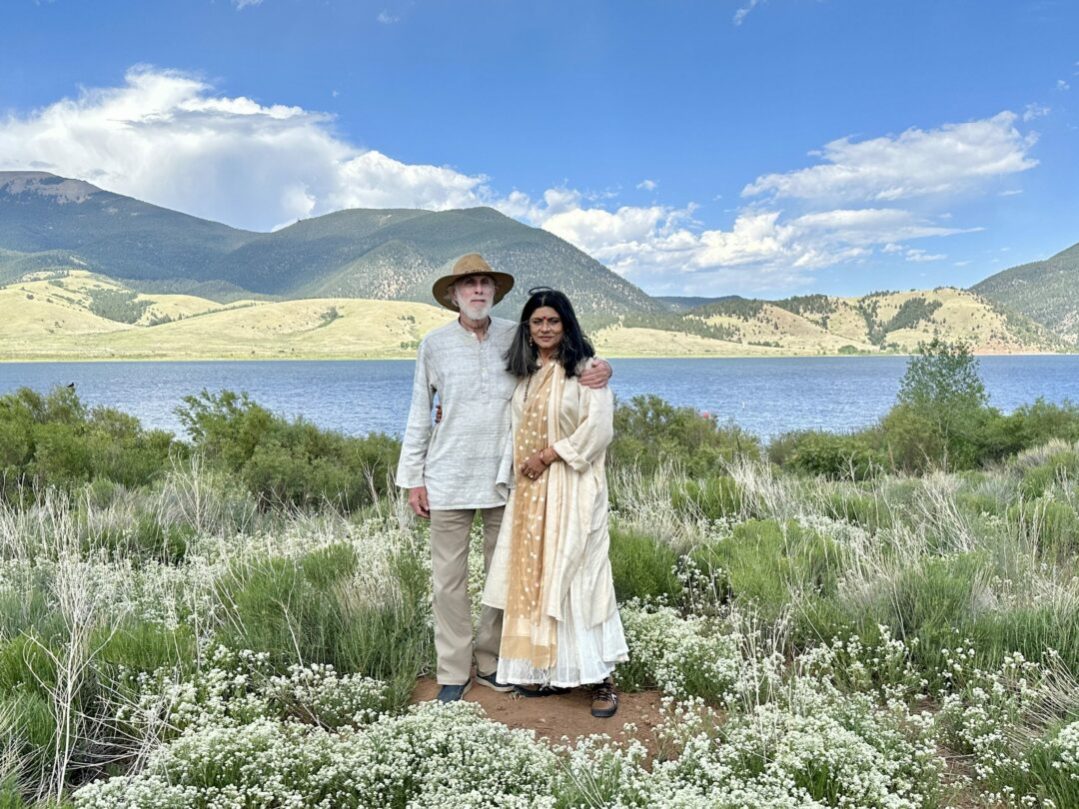
We all know the importance of physical immunity. This is our ability to resist disease, ward off pathogens, endure the dualities of heat and cold and seasonal changes, have physical strength and stamina, slow down the aging process and heal our bodies from within relative to injuries or chronic diseases. It is indicated by positive health and wellness.
But what is psychological immunity?
It is similarly the ability of the mind to resist disease, ward off emotional toxins, endure the dualities of gain and loss, joy and sorrow, attraction and repulsion. It means to have enduring mental strength and stamina, slowing down the aging process for the mind and memory, steady concentration and balanced emotions, without agitation and sorrow. It is indicated by a positive attitude in life, fearlessness, contentment, Self-awareness and creativity.
Yoga, Ayurveda & Psychological Immunity
Just as physical pathogens like bacteria and viruses abound in the external world, so mental pathogens, negative emotions like fear, anger, hatred, greed or desire can enter our minds from the outside. We can become emotionally toxic and infect others as well. Just as there are contagious and epidemic physical diseases, so there are mass psychological disturbances, such as we see in mob violence, dangerous ideologies, war propaganda, or even in disturbed or misleading news or entertainment.
For physical immunity to be strong, we must possess the resilience to face the vicissitudes of nature and handle the stress of hard work or exercise. For psychological immunity to be strong, we must be able to endure like and dislike, criticism, opposition and conflict without losing our calm collected state of mind. We must have the resilience to face the ups and downs in human behavior that can be unpredictable and relentless.
How many of today have strong a psychological immunity?
Probably less than those who have a strong physical immunity. This is because we seldom properly nourish, exercise, train or discipline the mind, like many of us try to do with the body. We let our minds run unchecked and unguided, tied to transient external influences that are seldom questioned as to their value or validity.
STUDY AYURVEDIC IMMUNITY WITH DR. DAVID FRAWLEY & YOGINI SHAMBHAVI
Earn a 30 hour Certificate in the study of Prana, Tejas and Ojas
Determining Your Psychological Immunity
There is a simple way to measure your psychological immunity. It is equal to your power of attention. This you can determine by how long you can sustain your attention at will on any needed topic in an observant manner, letting it reveal to you what it is, not reacting with your mind’s conditioning or personal opinions.
Your power of attention is your field of psychological immunity. It creates a shield of consciousness that keeps unconscious forces from coming in. It reflects your control of the mind and ability to remain attentive in the face of negative thoughts, emotions or sensations, the detachment necessary to keep them from entering into your mind and affecting your subconscious.
Immunity and a Meditative Mind
For psychological immunity we need a meditative mind that strives to be continually aware, not quick to react, and remains centered within even while confronting external obstacles. We need an independent awareness, not one that is dependent upon what others think, feel or say, which is rooted in our own direct perception and the experience of our own consciousness.
Today our power of attention is measured in mere seconds or milliseconds as we are overstimulated, bombarded with media images, computer games, numerous entertainment choices, disturbing news and dramatic sensations, with our minds in a state of perpetual distraction until we are exhausted and fall sleep. Such a distracted mind or vikshipta chitta is what Yoga teaches us to calm and transcend.
Unfortunately, we are not training our children in the cultivation of attention or memory, so many attention related health problems are arising within them. We are continually wired into cell phones, music, videos or news. We do not give our minds the space to observe and be free. We rely upon our equipment to guide us and to store any necessary information.
The Calm of the Yogi
True yogis can hold their power of attention without diminution or disruption even when surrounded by distraction or criticism, undisturbed by flattery or insult, praise or threats. These are the marks of success or siddhi in Yoga practices, including proficiency in pratyahara, dharana and dhyana. While asana aids in physical immunity, meditation is necessary for psychological immunity. Mantra is a key practice for sustaining our power of attention and psychological immunity. Have a special mantra to hold to at a deep level keeps our attention under our control, so it does not wander or get dispersed, whether a bija mantra like OM, Hreem or Aim or a Divine name mantra like Om Namah Shivaya.
Certainly we should try to correct the many iniquities in the world, but we should do so from a place of inner peace and determination, removing the agitation in our own minds as the basis for trying to improve society. When we get caught up in fear or anger while confronting difficulties, it indicates that external forces have overwhelmed our mental immunity and we do not have sufficient sattva or inner light to act with clarity and a long term vision.
May we develop the attentive awareness that leads us beyond conditioned and programmed mental reactions. That is the basis of Dharana in yoga practice, concentration aiming at a one-pointed mind, not simply imposing one point of view upon everyone else, which alone creates the foundation for deeper meditation. Truth (satya) is not a point of view but a state of awareness, an ability to see things as they are, even if it may not be agreeable to ourselves or others.
Your own inner Self is greater than the entire world and does not rely on any external approval to be content in its own nature. Do not compare yourself with anyone. Do not seek anything from the outside to fulfill yourself. Contact your inner Being that is one with the entire universe, in which our human world and all of its turbulence is like a passing wave on the sea! Remember your inner fearlessness and Ananda. The entire universe dwells within you. Self-awareness is the foundation for psychological immunity, which you can freely develop within yourself. Then no outer disturbances can overwhelm you.
Vamadeva Shastri







